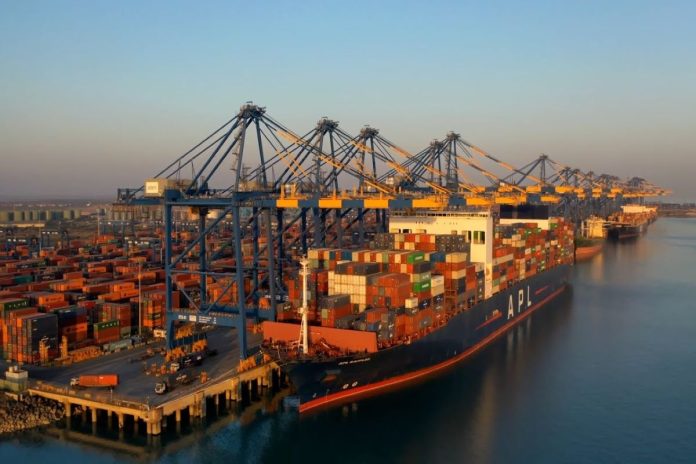The recent announcement by Adani Ports chief executive officer Karan Adani regarding a $553 million US government financing deal for a port terminal developed by the Adani Group in Colombo, Sri Lanka, has significant implications for the conglomerate’s international standing and strategic ambitions, as reported by Bloomberg.
The statement, made in the presence of Sri Lankan officials and US diplomats in Colombo, was framed by Karan Adani as a “reaffirmation by the international community”.
This financing deal comes as a relief for India’s Adani Group, which has faced challenges earlier in the year, including a damaging short-seller attack and allegations of corporate fraud. The markets, however, have sustained their trust in Adani Enterprises, as evident by the recovery in stock prices since February 2023.
The US government’s endorsement is seen as support for the port empire owned by Karan’s father, billionaire Gautam Adani. The development is perceived as a move to counter China’s maritime influence in the Indian Ocean.
The importance of this endeavour lies in the fact that these waters account for more than one-third of the world’s bulk cargo traffic and two-thirds of oil shipments.
Adani’s port ambitions are characterised as a strategic play to assist India in countering China’s string of ports from Sri Lanka to Pakistan.
Adani Ports and Special Economic Zone Limited, considered the conglomerate’s crown jewel, is now eyeing opportunities in neighboring countries, including Bangladesh, as well as East African and Southeast Asian nations like Tanzania and Vietnam.
This expansion plan aims to add to Adani’s existing developments in Sri Lanka and Israel. Karan Adani expressed these aspirations in a statement to Bloomberg News in the Sri Lankan capital.
However, it is noted that Adani Ports, despite being India’s largest operator, remains a relative minnow overseas compared to China’s extensive sphere of influence, with investments in over 90 ports outside its borders.
The US funding for the Adani-led West Container Terminal in Colombo is seen as crucial support, especially after setbacks in the conglomerate’s overseas expansion efforts, such as abandoning plans to build a port in Myanmar following a military coup.
While Gautam Adani has openly criticised China in the past, the focus of the conglomerate remains anchored at home. Adani Ports’ domestic business accounts for about 90 per cent of the firm’s revenues, and Karan Adani emphasised the ongoing expansion in India.
The share performance of Adani Ports has also faced fluctuations, falling 1.5 per cent after posting a 4 per cent year-on-year rise in quarterly net income. However, analysts point to the firm’s resilient growth capability, and actions taken to curb leverage in the wake of controversies are seen as potentially beneficial.
As India aims to compete with China in infrastructure-led development in South Asia and Africa, challenges persist for players like Adani to disrupt the status quo.
The growing gap between the infrastructure projects that Beijing is willing to supply versus the demand from low-and middle-income countries may create a window of opportunity for rival firms. The recent trends indicate a potential inflection point in this dynamic competition between global players.


